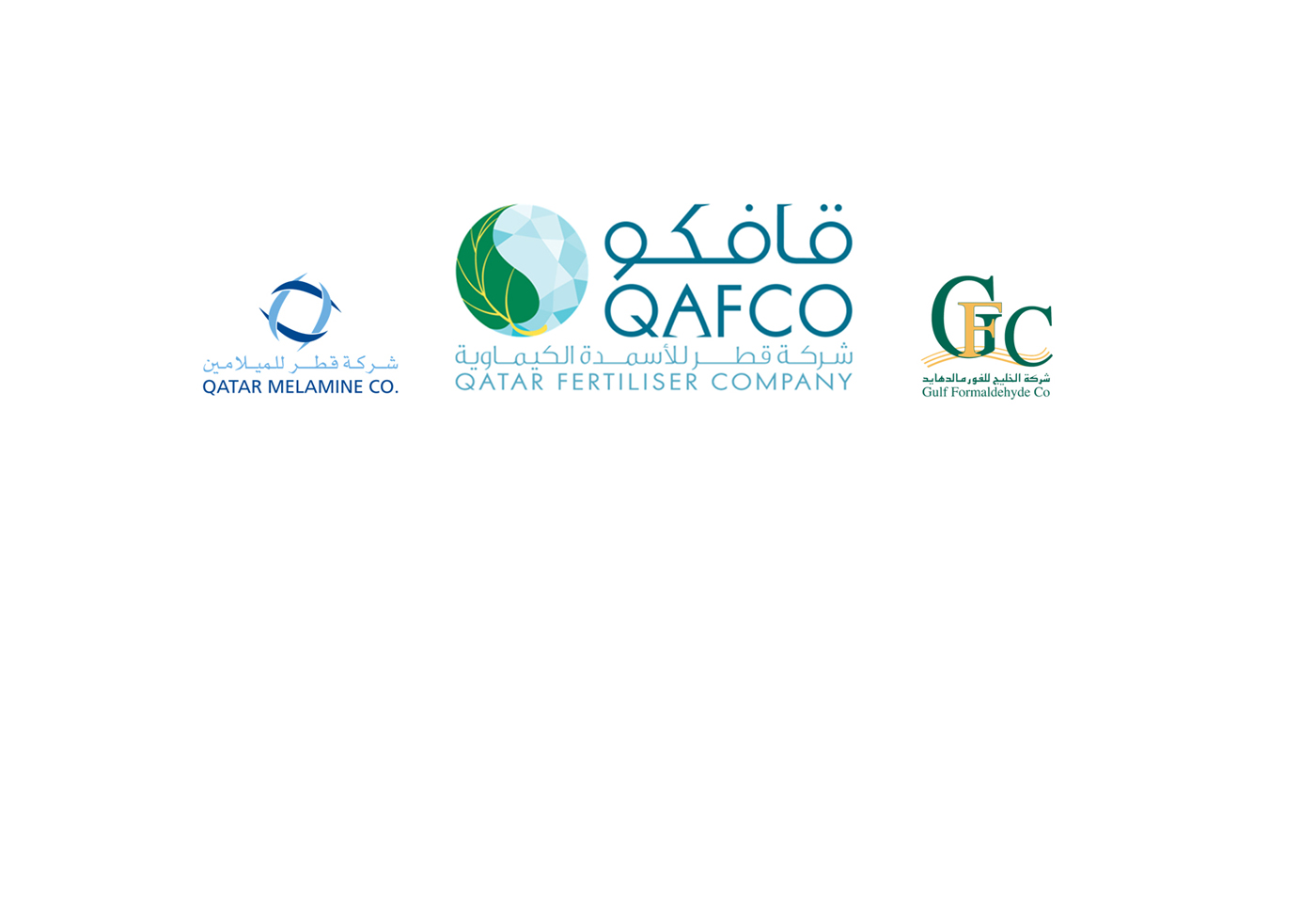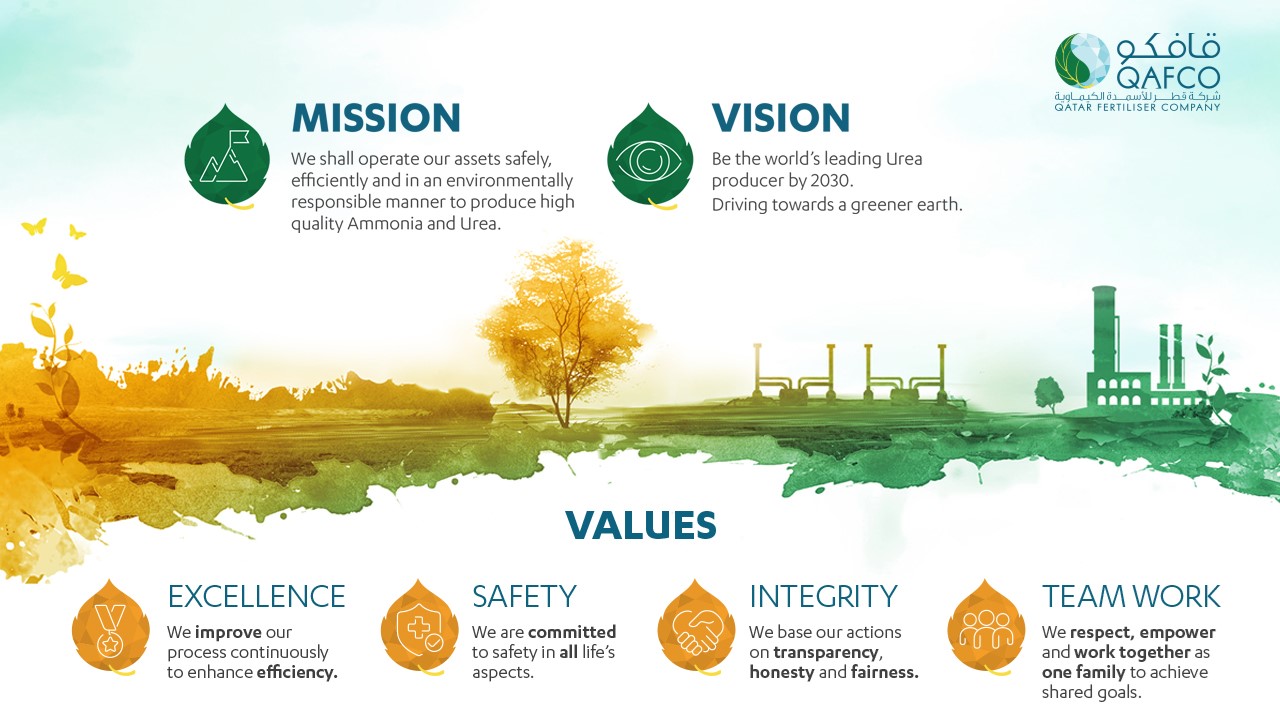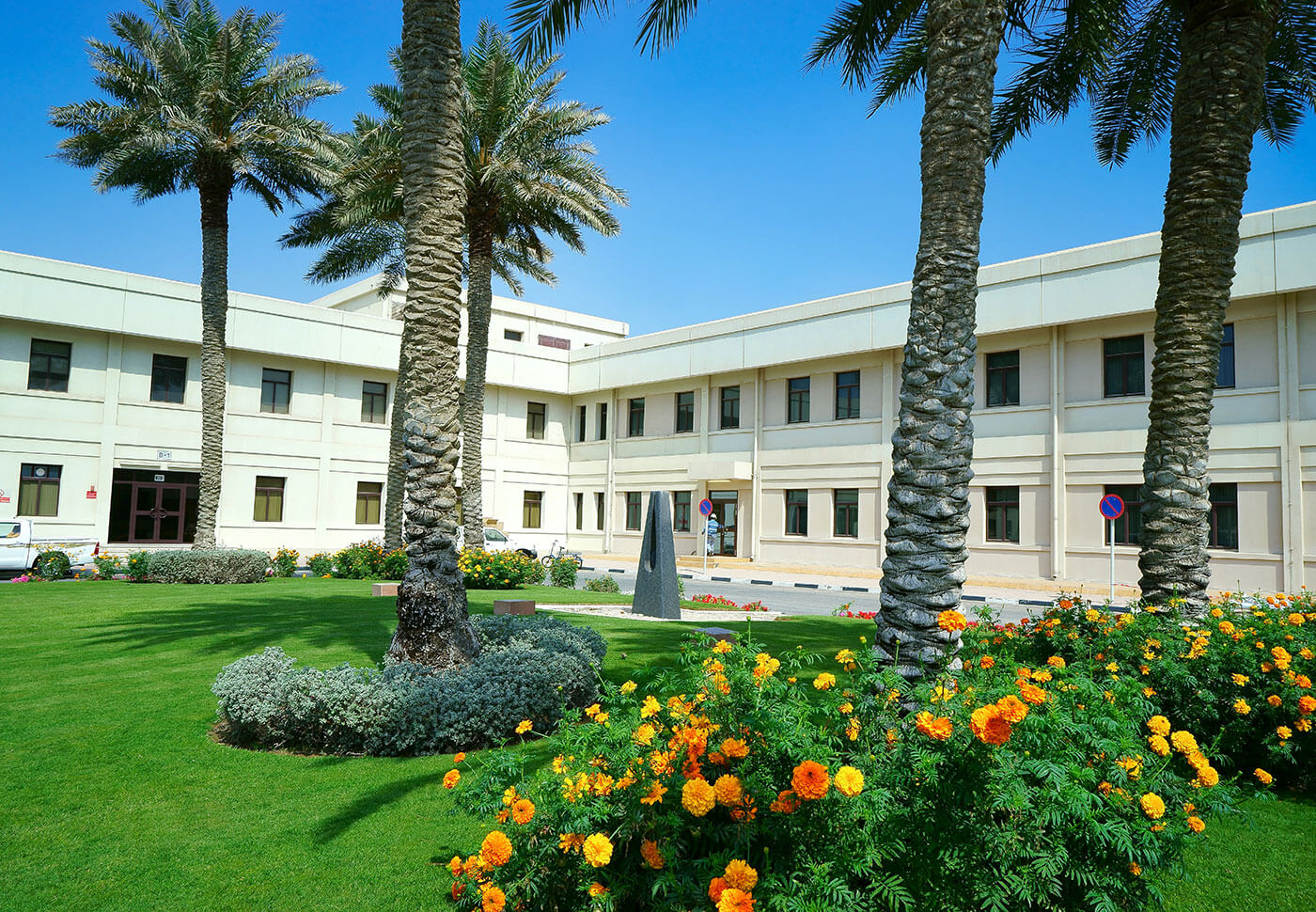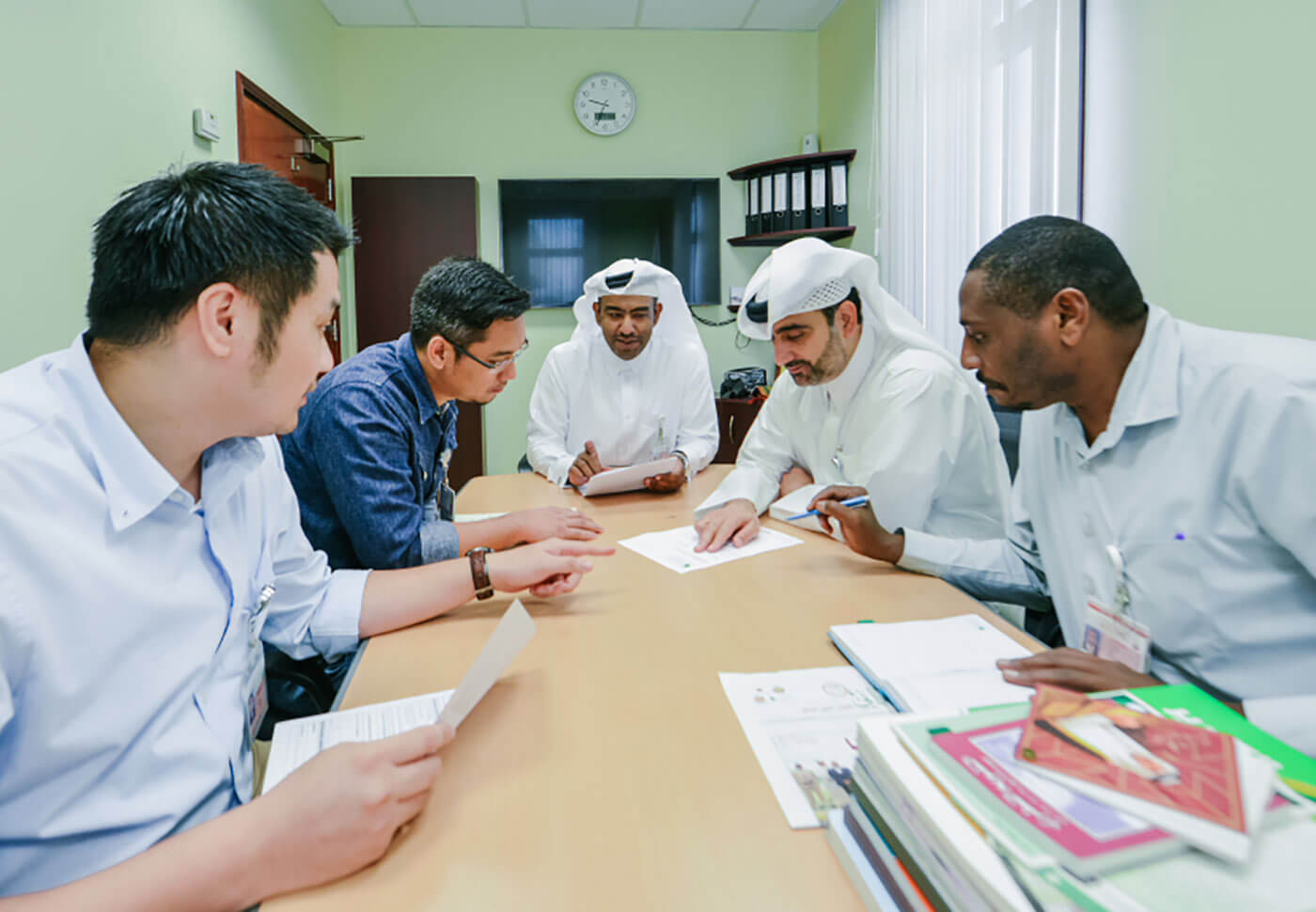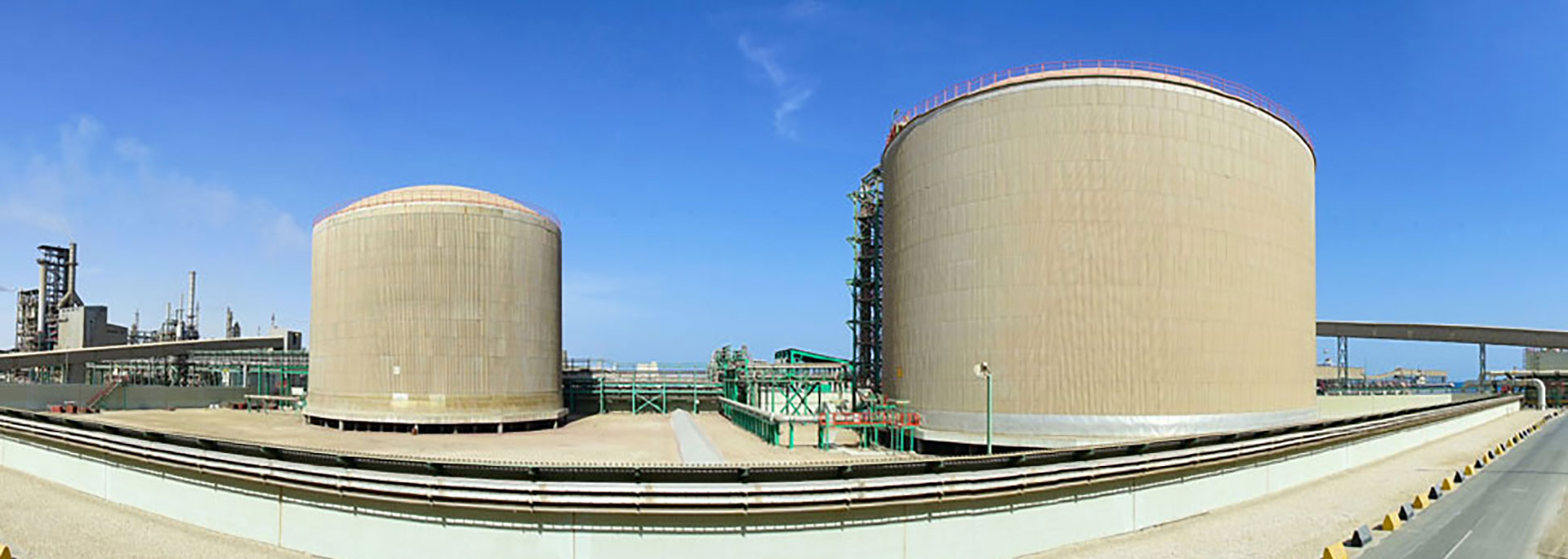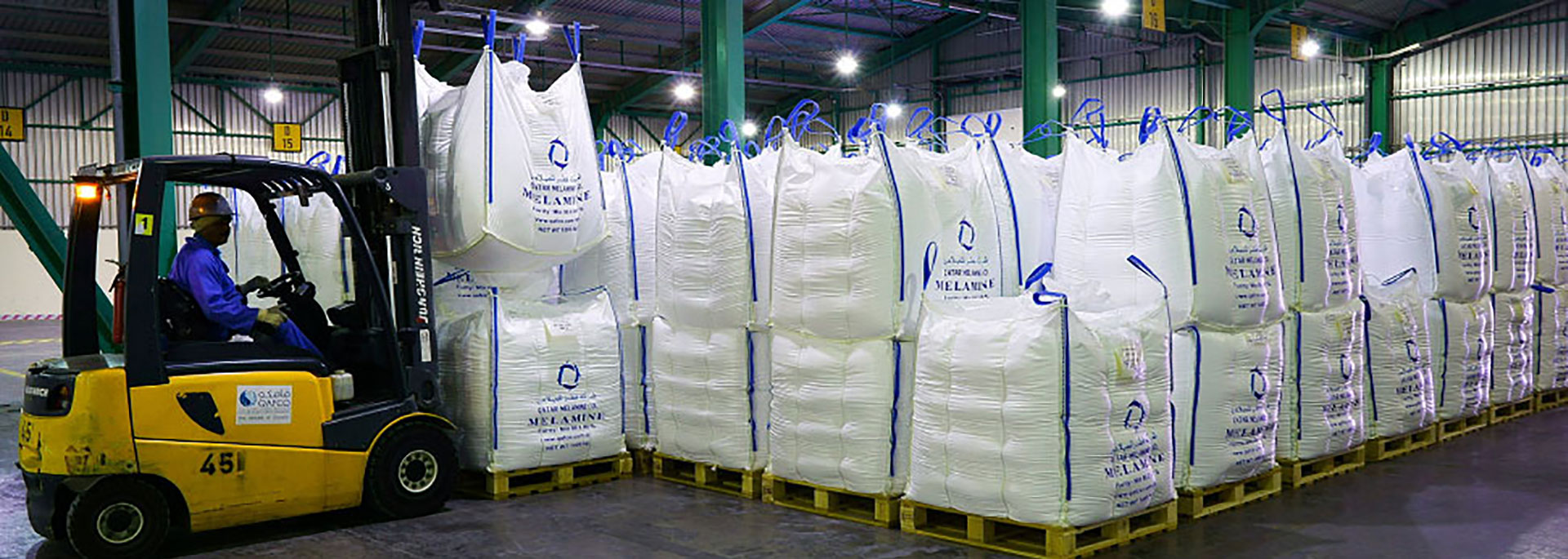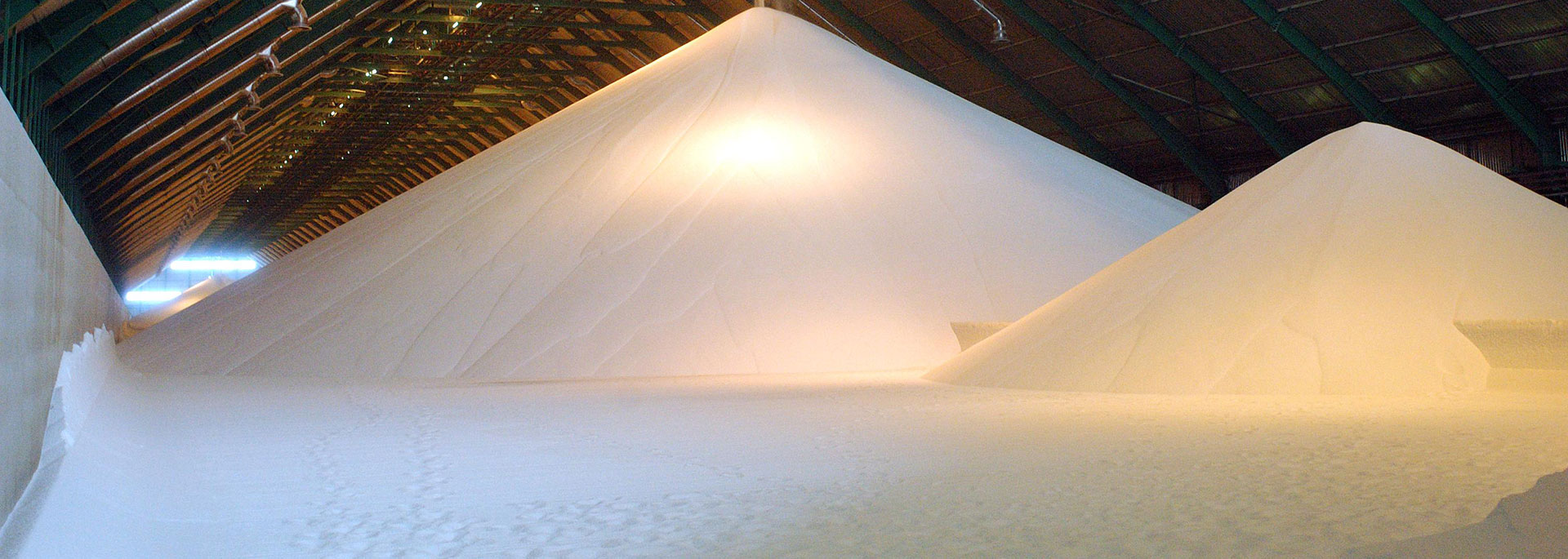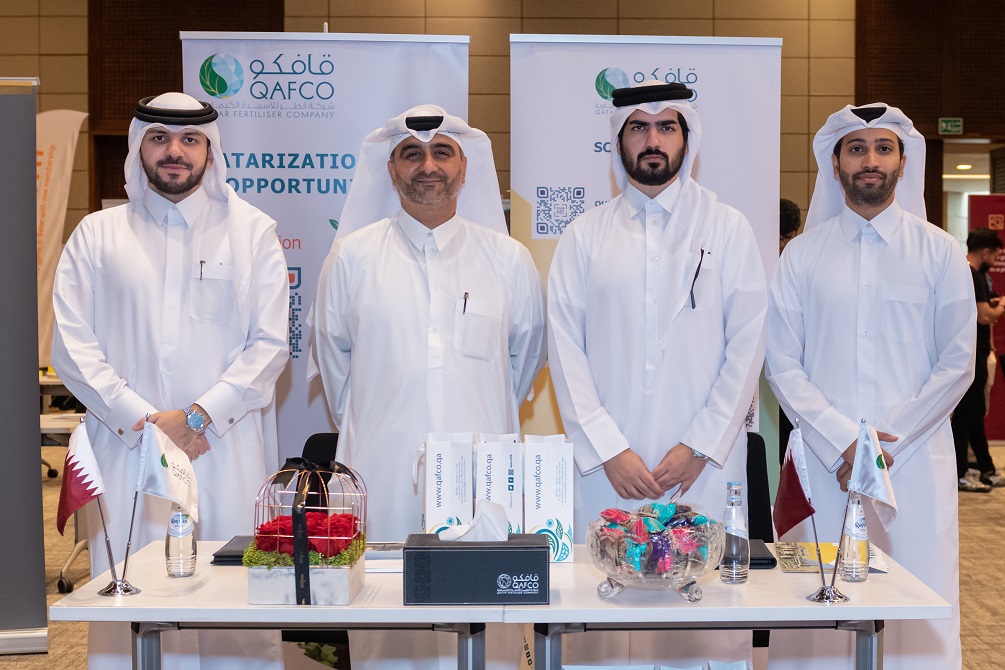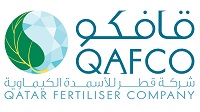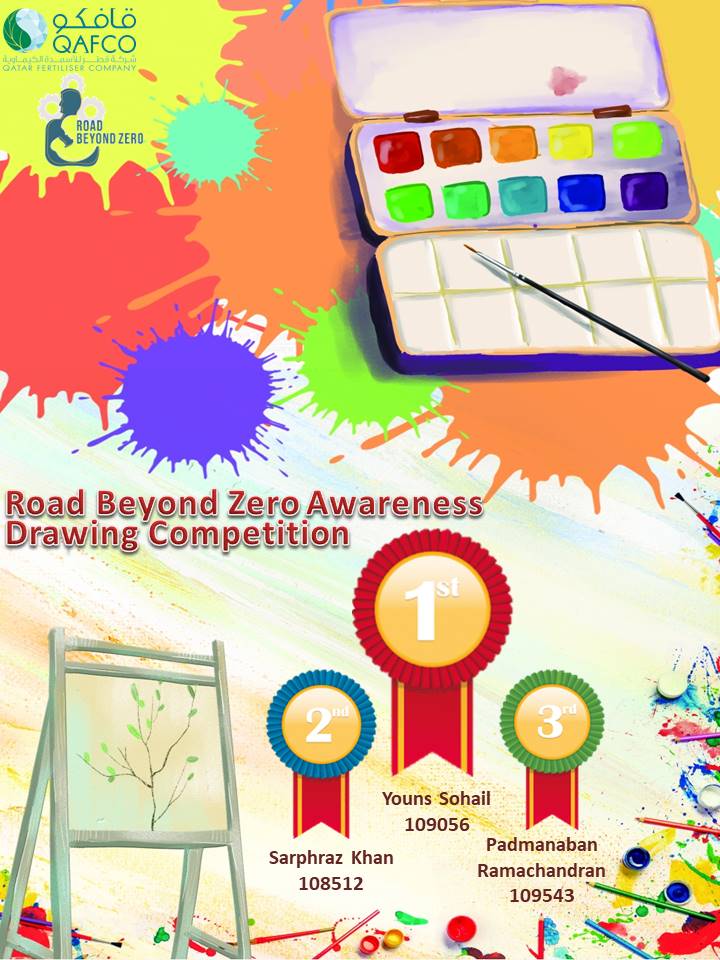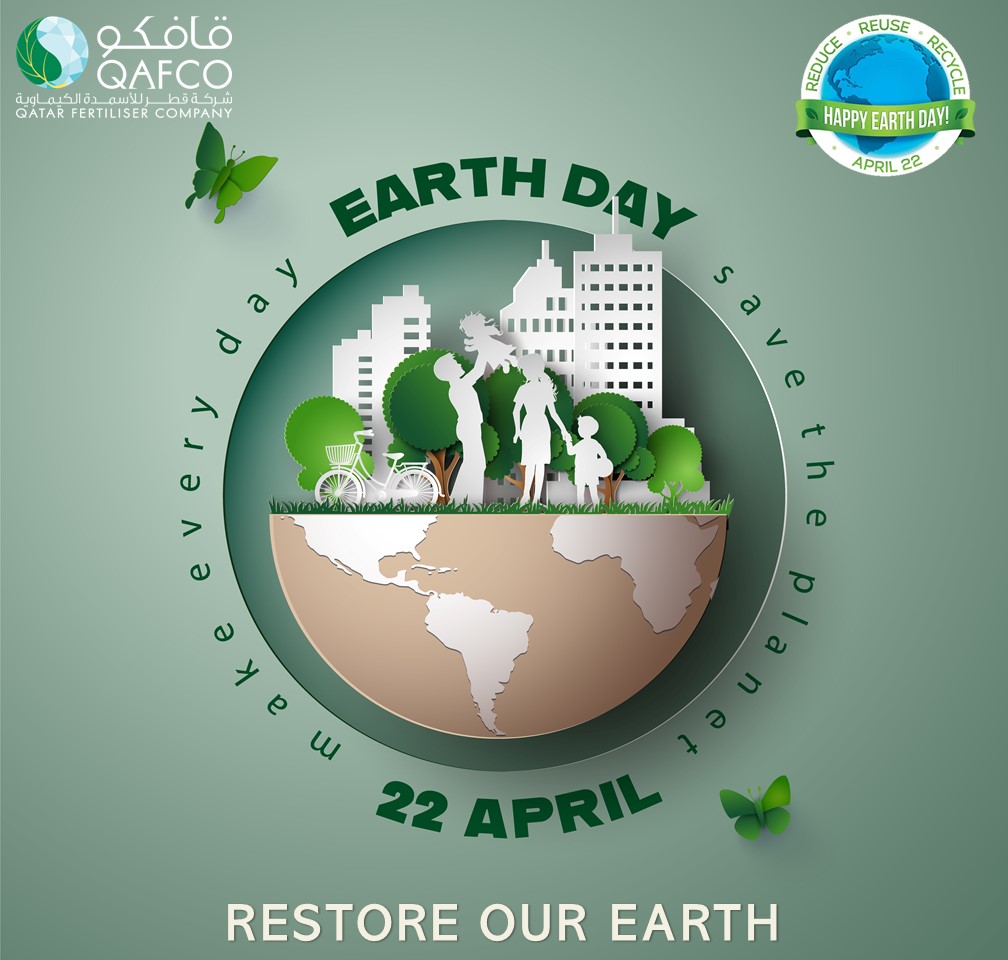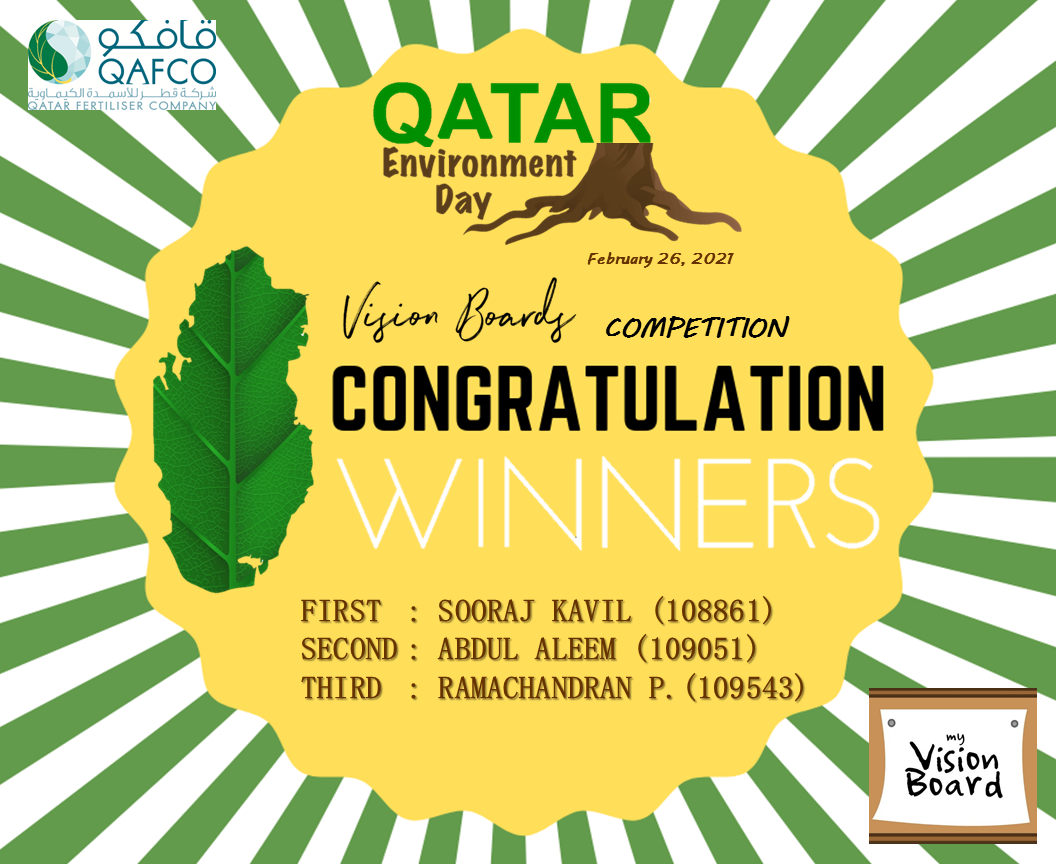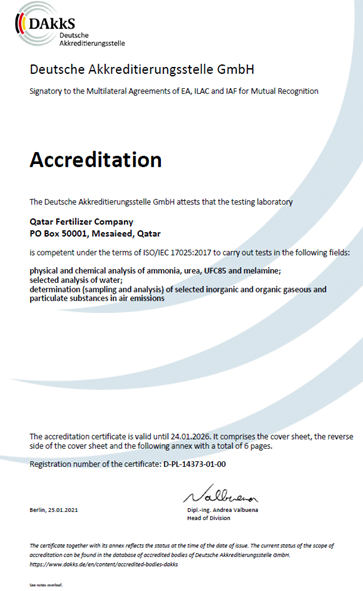Scam Alert: Fraudulent Recruitment Advertisement
It has come to our attention that several people have been receiving fraudulent job offer letters, such as the sample above. Please be aware that this is a scam. For your protection, you should not respond, nor transfer any money to them. QAFCO shall not bear any legal liabilities as a result of fraudulent hiring. In case you receive or suspect a fraudulent recruitment offer using QAFCO logo, please do not hesitate to contact us at pr@qafco.com or DM us on our official Instagram or Facebook accounts (@qafcopr)


